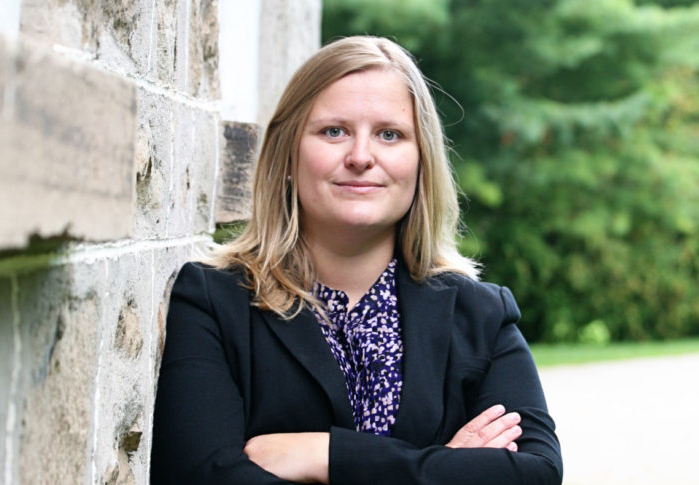According to a new study out of Western University, those among us who pride themselves on being more independent are less likely to respond to public appeals for donations.

“They see public appeals as social pressure calling them to be like everyone else who gives in a certain way and at a certain time,” said Bonnie Simpson, assistant professor, consumer behaviour at Western’s DAN Department of Management and Organizational Studies, and lead author of the study.

Get daily National news
“It’s not that they don’t want to give. They want to give, but more privately.”
When Public Recognition for Charitable Giving Backfires: The Role of Independent Self-Construal, published online in the Journal of Consumer Research, is the culmination of a study that asked people a series of questions about how they view themselves and about their giving patterns.
The study found that in some cases, the way a question is worded can influence the likelihood of giving.
“If asked to donate at a grocery-store checkout, for example, people with a greater sense of independence may decline,” said study co-author Juliano Laran of the University of Miami.
“By contrast, people who place a high value on interdependence will often respond positively.”
Simpson added that the data suggest that simply changing the way a question is asked can influence the likelihood of a donation.
“The lesson isn’t that public or private appeals work better,” added co-author Katherine White of the University of British Columbia, “but that organizations should be willing to change the language of the ‘ask’ based on interdependence or independence traits among donors, which may ultimately change response rates.”












Comments